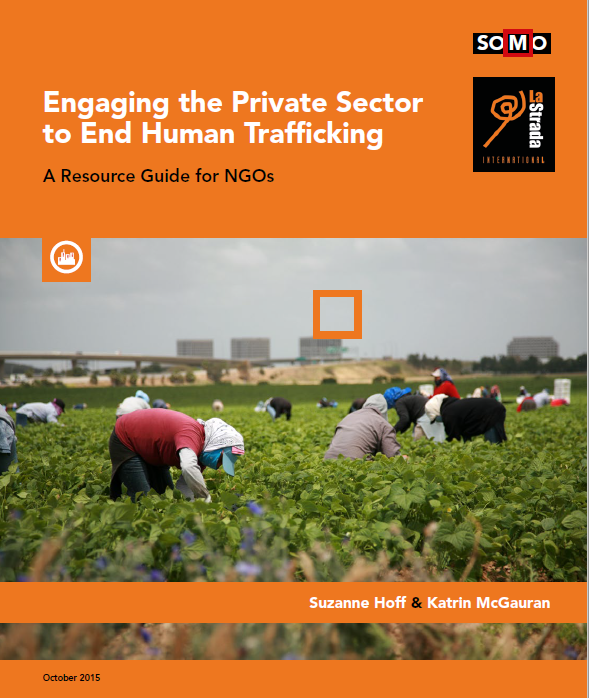Hungary – Country Overview
PublicationsDesk review of existing information on the sexual exploitation of children (SEC) in Hungary, Central Europe. The overview gathers existing publicly available information on sexual exploitation of children in travel and tourism (SECTT), online child ...Read More

